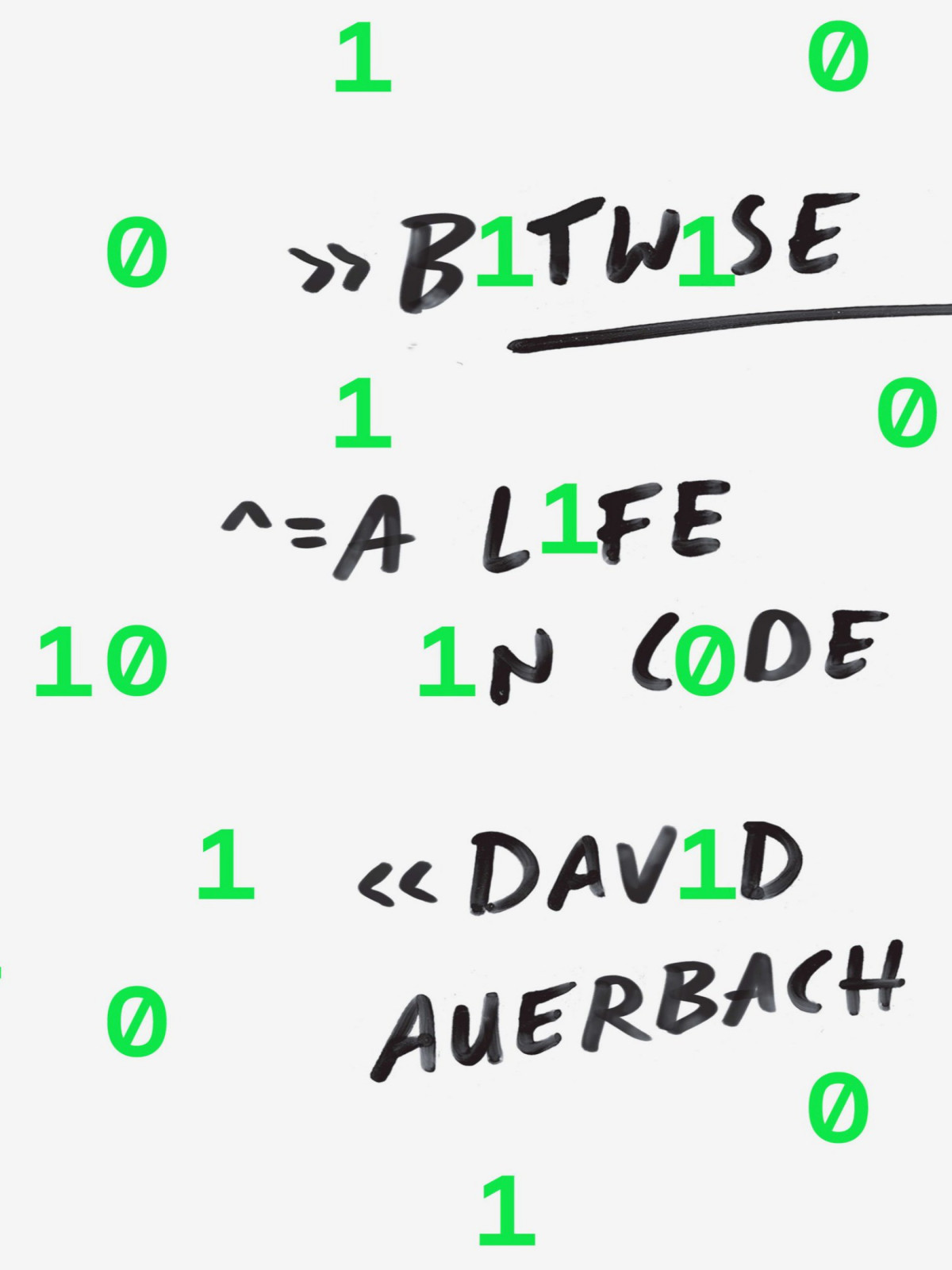

Most ebook files are in PDF format, so you can easily read them using various software such as Foxit Reader or directly on the Google Chrome browser.
Some ebook files are released by publishers in other formats such as .awz, .mobi, .epub, .fb2, etc. You may need to install specific software to read these formats on mobile/PC, such as Calibre.
Please read the tutorial at this link: https://ebookbell.com/faq
We offer FREE conversion to the popular formats you request; however, this may take some time. Therefore, right after payment, please email us, and we will try to provide the service as quickly as possible.
For some exceptional file formats or broken links (if any), please refrain from opening any disputes. Instead, email us first, and we will try to assist within a maximum of 6 hours.
EbookBell Team

5.0
38 reviewsAn exhilarating, elegant memoir and a significant polemic on how computers and algorithms shape our understanding of the world and of who we are
Bitwise is a wondrous ode to the computer languages and codes that captured technologist David Auerbach’s imagination. With a philosopher’s sense of inquiry, Auerbach recounts his childhood spent drawing ferns with the programming language Logo on the Apple IIe, his adventures in early text-based video games, his education as an engineer, and his contributions to instant messaging technology developed for Microsoft and the servers powering Google’s data stores. A lifelong student of the systems that shape our lives—from the psychiatric taxonomy of the Diagnostic and Statistical Manual to how Facebook tracks and profiles its users—Auerbach reflects on how he has experienced the algorithms that taxonomize human speech, knowledge, and behavior and that compel us to do the same.
Into this exquisitely crafted, wide-ranging memoir of a life spent with code, Auerbach has woven an eye-opening and searing examination of the inescapable ways in which algorithms have both standardized and coarsened our lives. As we engineer ever more intricate technology to translate our experiences and narrow the gap that divides us from the machine, Auerbach argues, we willingly erase our nuances and our idiosyncrasies—precisely the things that make us human.